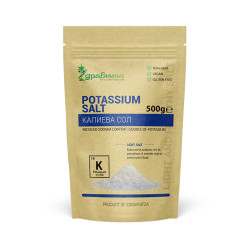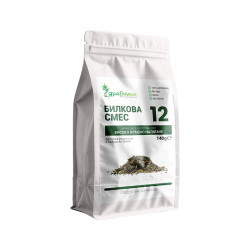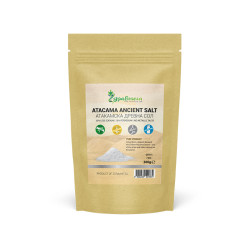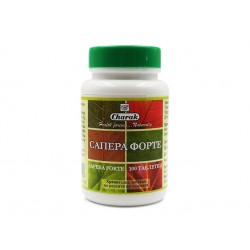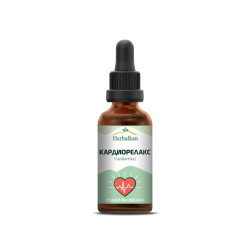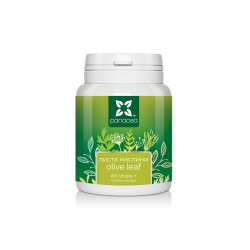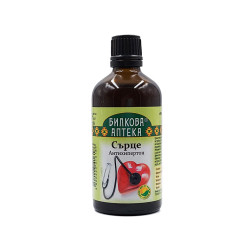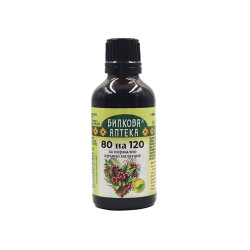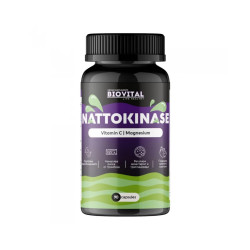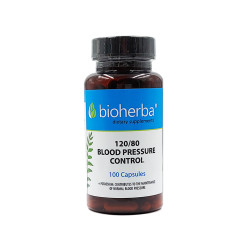Hypertension (high blood pressure) is the persistent elevation of arterial pressure that damages blood vessels and organs, raising the risk of heart attack, stroke, kidney disease, and more. In Bulgaria, approximately 45% of adults aged 30-79 have hypertension (around 2.4 million people). Of these, about 64% are diagnosed, 52% receive treatment, but only 23% achieve good control. Average daily salt intake in Bulgaria is about 13 g-over twice the recommended maximum of 5 g.
Which Readings Count as High?
According to European guidelines (ESH/ESC), hypertension in a doctor’s office is diagnosed at ≥140/90 mmHg. At home, the threshold is ≥135/85 mmHg; in 24-hour monitoring - ≥130/80 mmHg on average, daytime ≥135/85, nighttime ≥120/70. (In the U.S., the cut-off is lower: ≥130/80 mmHg.)
Are There Symptoms?
Often there are no symptoms at all-that’s why hypertension is called the “silent killer.” Some people may experience vague complaints (morning headaches, dizziness, ringing in the ears), but the only reliable way to know is to measure blood pressure. If you have sudden severe headache, chest pain, shortness of breath, or neurological symptoms with very high readings, seek urgent care.
Causes and Risk Factors
In ~90-95% of cases, hypertension is “essential”-caused by a combination of heredity, age, high salt intake, overweight, physical inactivity, alcohol, smoking, and stress. Less often it is secondary to kidney disease, hormonal disorders, sleep apnea, narrowed kidney arteries, or certain medications.
Lifestyle and Diet Measures
- Reduce salt: aim for ≤5 g/day. Average intake in Bulgaria is ~13 g. Cutting salt lowers blood pressure significantly.
- DASH/Mediterranean diets: rich in vegetables, fruits, legumes, nuts, and whole grains; more fish and olive oil; less red/processed meat and sugary drinks. Proven to lower blood pressure.
- Weight loss: every lost kilogram can reduce systolic blood pressure by ~0.5-1 mmHg.
- Exercise: at least 150-300 minutes/week of moderate aerobic activity plus 2 days of strength training.
- Limit alcohol: no more than 14 units/week for men, 8 for women; avoid binge drinking. (1 unit = 125 ml wine or 250 ml beer.)
- Quit smoking, improve sleep, manage stress (breathing, relaxation, yoga).
If lifestyle changes for 3-6 months do not normalize readings, or if your overall cardiovascular risk is high, medication is usually required.
Herbal and Natural Remedies
Important: Herbs can mildly reduce blood pressure, but they cannot replace prescribed medicines. Always check with your doctor, especially if you take blood thinners, blood pressure medications, or have chronic illness.
Hibiscus tea:
Clinical studies show it can lower blood pressure in mild hypertension. Brew 1-2 tsp dried flowers in 250 ml hot water, steep 10-15 min, drink 2-3 cups daily.
Garlic (aged extract preferred):
Meta-analyses confirm blood pressure reduction (~5-10 mmHg). One clove daily or standardized extracts. May interact with anticoagulants.
Olive leaf tea/extract:
RCTs show benefit in mild hypertension. Steep 1-2 tsp dried leaves per cup, once or twice daily.
Beetroot juice: rich in nitrates that help relax vessels; ~250 ml/day lowers blood pressure.
Hawthorn: traditionally used for heart health; evidence for blood pressure is weak. Consult before use with cardiac medications.
Disclaimer:
This article is for educational purposes only. It does not replace medical advice. Do not stop or adjust prescribed blood pressure medications without consulting your doctor.




